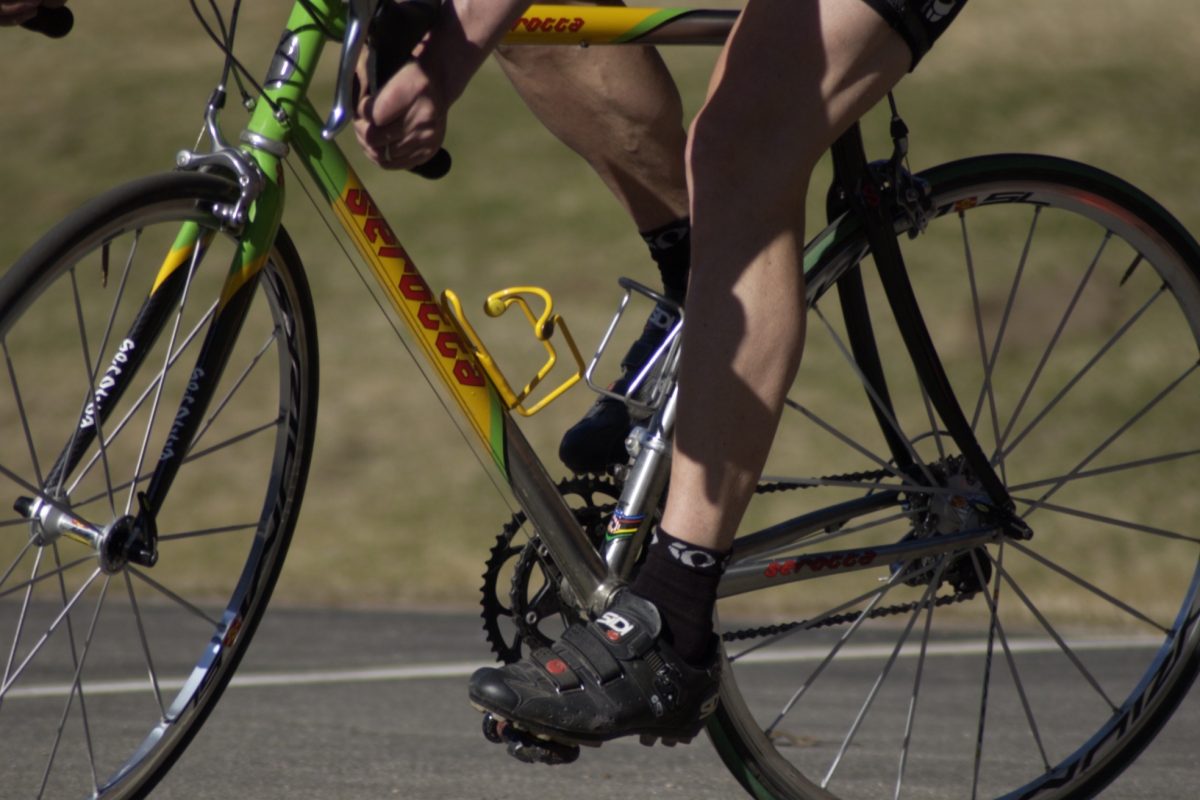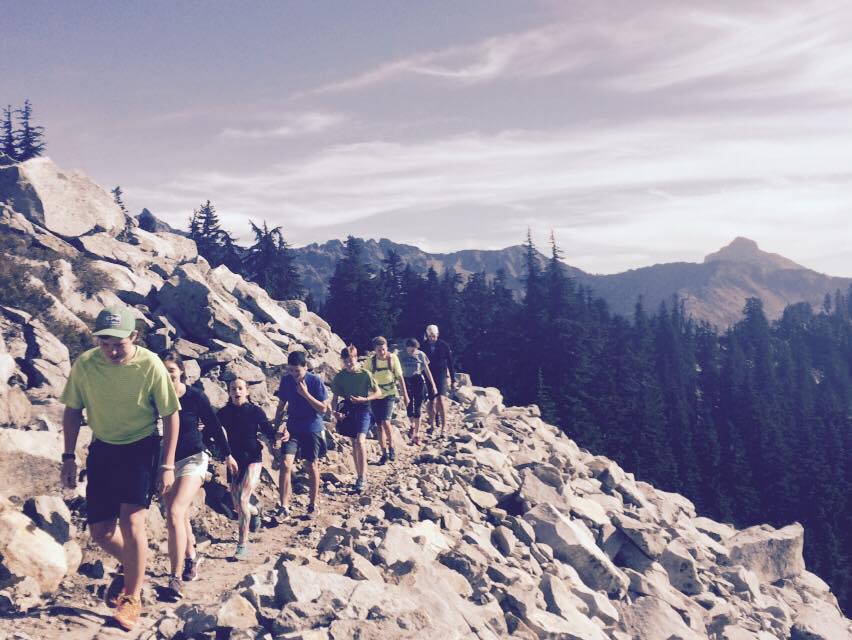Italy
Nations Cup Ranking: 4th (4956 pts)
Men: 5th (2226 pts)
Women: 5th (2730 pts)
2010/2011 A Team
Men
Valerio Checchi
Roland Clara
Giorgio Di Centa
Giovanni Gullo
David Hofer
Thomas Moriggl
Dietmar Noeckler
Pietro Piller Cottrer
Cristian Zorzi
Loris Frasnelli
Fabio Pasini
Renato Pasini
Fulvio Scola
Women
Elisa Brocard
Virginia De Martin Topranin
Arianna Follis
Marianna Longa
Silvia Rupil
Antonella Confortolla
Magda Genuin
What you may have missed last season:
Just how old the Italian National Team mainstays are. In the Olympic relay, the Italians ran three of the same four guys they used not just in their home Olympics in Torino four years ago, but eight years ago in Salt Lake City. There is something to be said for keeping a team together, but there is a massive difference between having Pietro Piller Cottrer, Georgio Di Centa and Cristian Zorzi all in their prime, and what happened in Vancouver.
Di Centa is 38. Zorzi is 38. Piller Cottrer, or ‘Killer Piller’ as he is better known in the skiing world, is 36. If you add in the fourth man, the practically-in-diapers 30 year-old Valerio Checchi, the average age of the Italian men’s relay team is 35.5 years old! And it showed on the results sheet, as the Italians finished far back in ninth. Zorzi, who was known for his anchor-leg relay antics before Petter Northug began churning out highlight reel finishes, didn’t have any magic left for Vancouver.
Also, in a fairly surprising move, Di Centa won his first ever World Cup this year, a 15 k freestyle in Canmore, Alberta. Surprising, because there are very few skiers of Di Centa’s caliber (16 straight years of scoring World Cup points, eight top-20 Overall finishes) who have failed to ever win a race. However, he still lags behind his elder sister Manuela, whose seven Olympic medals and five Olympic Games appearances are doubtlessly driving Giorgio to improve on his mere three Olympic medals.
As for the women, the Italians had three top tier skiers. Arianna Follis was extremely competitive regardless of the distance or technique, one of the very few truly elite all-around women. Her teammate Marianna Longa was a solid distance skier, but like Di Centa, she struggled to find the podium. As a pure sprinter, Magda Genuin has emerged as a legitimate podium threat, but was no more than that last season, as her only podium was a silver in Rybinsk, Russia.
What You Should Know For This Season
The Italians need help on the World Cup, and bad. Di Centa finished 10th Overall, and Piller Cottrer finished 16th, but neither are all-around skiers at their current age. The next Italian in the pecking order was Checchi, in 31st, who like the other two cannot sprint. Between the three best Italian men, they managed to amass a grand total of five sprint points. In today’s World Cup, where being an all-around skier is becoming more of a necessity due to the prevalence of Tour-type events, the Italians are starting to look like dinosaurs.
The younger crowd, relatively speaking, are all good skiers: sprinters Fabio and Renato Pasini, David Hofer, Thomas Moriggl and Roland Clara. But none of those athletes approach the level of Di Centa or Piller Cottrer, who have quarterbacked Italy to success for the last 10 years or so.
Sabina Valbusa, after a long and illustrious career that included nine World Cup podiums and an Olympic bronze medal, joined many other top women and retired.
If you’re struggling to pick out the Italians in a race, check the hat. They seem to go in for fancy hats that often include sparkles, big pom-poms and bright colours.
Who You Should Watch
While most of the buzz is about Federico Pellegrino, mainly because he had some decent World Junior results (and probably because his name is fun to say), FasterSkier would like to direct your attention to Gaia Vuerich.
The 19 year-old Italian finished fourth at the World Junior Championships, and while it wasn’t behind Petter Northug’s little brother, it was behind Swedish sprint-superstar-in-the-making Hanna Brodin – and Vuerich still has another year of competing in junior competitions.
Like Pellegrino, Vuerich scored World Cup points this past season, nipping Pellegrino’s total by 2. Sure, her amassing of 14 points from the one sprint race in Dusseldorf, Germany, isn’t earth-shattering, but she also managed to have some late-season success against some top tier competition. Vuerich edged out none other than Justyna Kowalczyk in a downhill sprint event in the Russian sprint tour last spring – so if FIS manages to bring the new format to the World Cup, Vuerich could have potential.





4 comments
tsk tsk
November 15, 2010 at 5:17 pm
Pellegrino got 19th at the world cup in Oslo.
Kieran Jones
November 15, 2010 at 5:38 pm
Noted, and updated – thanks for the catch, and keeping us honest!
EvgeniyP
November 15, 2010 at 8:00 pm
Manuela Di Centa has seven Olympic medals, but only two of them are gold, not all seven )
donpollari
November 16, 2010 at 6:54 pm
“Manuela Di Centa has seven Olympic medals, but only two of them are gold, not all seven )”
What is there to dislike in a post presenting some straight data?
Weird…